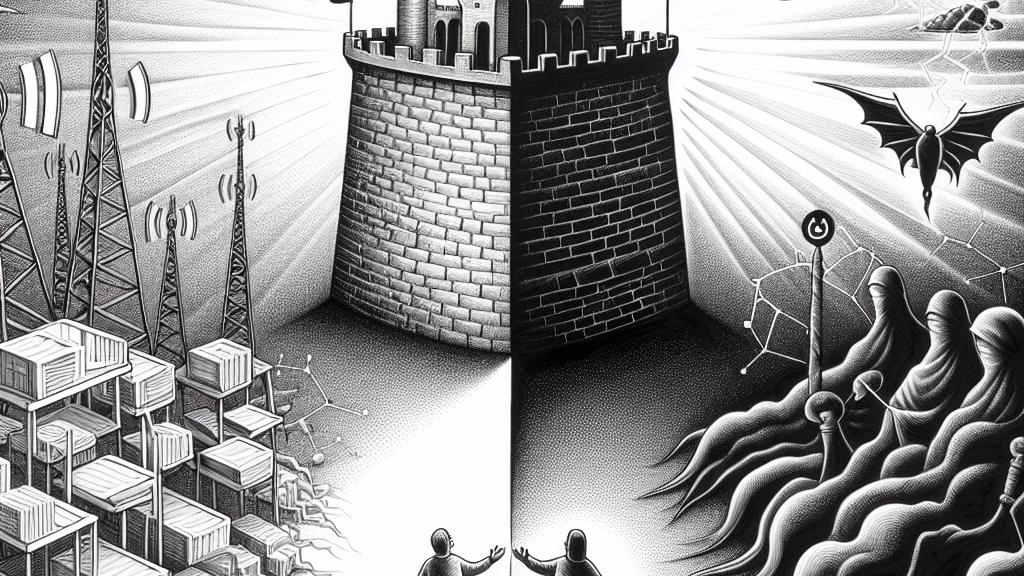WP Engine Seeks Court Order to Restore Access to WordPress.org
Overview
- WP Engine has approached the court for a preliminary injunction to regain access to WordPress.org after being blocked.
- This legal challenge highlights significant tensions between large tech companies and open-source communities over contributions and resource management.
- Matt Mullenweg, co-founder of WordPress, strongly criticizes WP Engine for prioritizing profits over community support.

Unraveling the Dispute
The contentious saga between WP Engine and WordPress.org, which erupted sharply on September 25, 2024, has sent shockwaves through the digital community. WP Engine, an established leader in WordPress hosting, faced access denial from Matt Mullenweg, a stalwart figure in WordPress development. Mullenweg's reasoning stemmed from his belief that, despite reaping financial benefits from WordPress, WP Engine had not sufficiently invested back into the project's growth or infrastructure. As a consequence, WP Engine's abrupt exclusion from receiving critical updates and support services not only stunted its operational capabilities but also raised alarms about the potential security vulnerabilities that could jeopardize countless sites relying on WordPress.
Legal Maneuvers by WP Engine
In a strategic legal move, WP Engine has formally requested a preliminary injunction from the court, a pivotal step that aims to restore their previous access levels. They argue compellingly that Mullenweg's blockade threatens their business operations and could inadvertently endanger the broader WordPress community from a security standpoint. By reinstating their access to WordPress.org, WP Engine seeks to tap into essential resources that have always been vital in ensuring the reliability of the platform. If their legal bid succeeds, it could alter the landscape of cooperation within the open-source community, establishing clearer guidelines for how major companies should interact—with both respect and responsibility—towards the ecosystems they benefit from.
Diverging Perspectives on Contributions
The contrasting perspectives between WP Engine and Automattic, the company behind WordPress.org, expose a deep-rooted tension in the tech landscape. Automattic argues that WP Engine's business model exemplifies a troubling trend where companies exploit free resources without giving back to the community that nurtures them. Mullenweg has expressed these frustrations vocally, referring to WP Engine as a 'cancer' that undermines the foundational spirit of collaboration inherent in open-source projects. This ongoing legal battle is not just about access; it poses fundamental questions about the balance between profit motives and community welfare. As the situation develops, the outcomes may well reshape how collaborations are structured in the future, setting precedents that could reverberate across the open-source sector.

Loading...